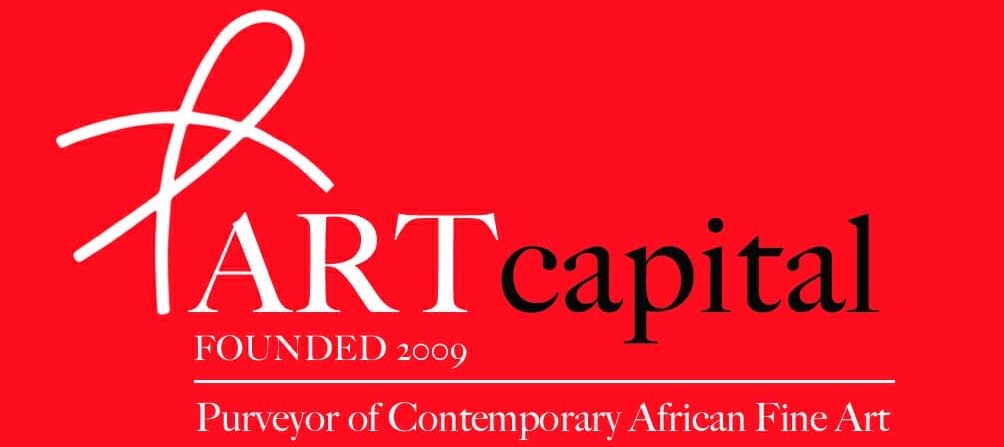THE POST-PANDEMIC FUTURE.
“The pandemic has given rise to a polarisation in public opinion in many parts of the world, ……a vocal right-wing minority resents lockdown measures that restrict their ‘freedoms’ (including their freedom to infect others), while also showing themselves to be receptive to conspiracy theories, disinformation, and anti-scientific ideas.
At the other pole are those who adopt a humanist perspective and bow to science.
This polarisation will likely continue in the post-pandemic world.”

“Online media will persist in feeding nationalist, populist sentiment with ideas and disinformation directed against targeted scapegoats, including foreigners, immigrants, racial and religious ‘others’, and liberal elites.
At the other pole, progressive opinion will continue to push for policies and practices that make for a more sustainable, egalitarian future.
Which pole is likely to prevail?”

“Outcomes will likely vary in different parts of the world, but it is quite probable that for the most part neither will predominate.
Expect the centre-right…… to prevail.
It is hard to envisage fascist regimes emerging as in the 1930s.
Nor is there enough high-level support for a progressive agenda.”

“Democratically elected governments tend to think short-term, afraid to bear the economic disruption accompanying a radical socio-economic and environmental transformation – costs that could endanger a ruling party’s electoral prospects.
The eventual outcome will depend on the extent to which the pandemic makes ‘business as usual’ an impossible eventuality.
Be sure, though, that political and economic power-holders will strive for just such a return to pre-pandemic ‘normality’.
The prospect of a political economy geared towards meeting human need, rather than feeding human greed, looks to be as remote as ever.”
PAUL MAYLAM.
